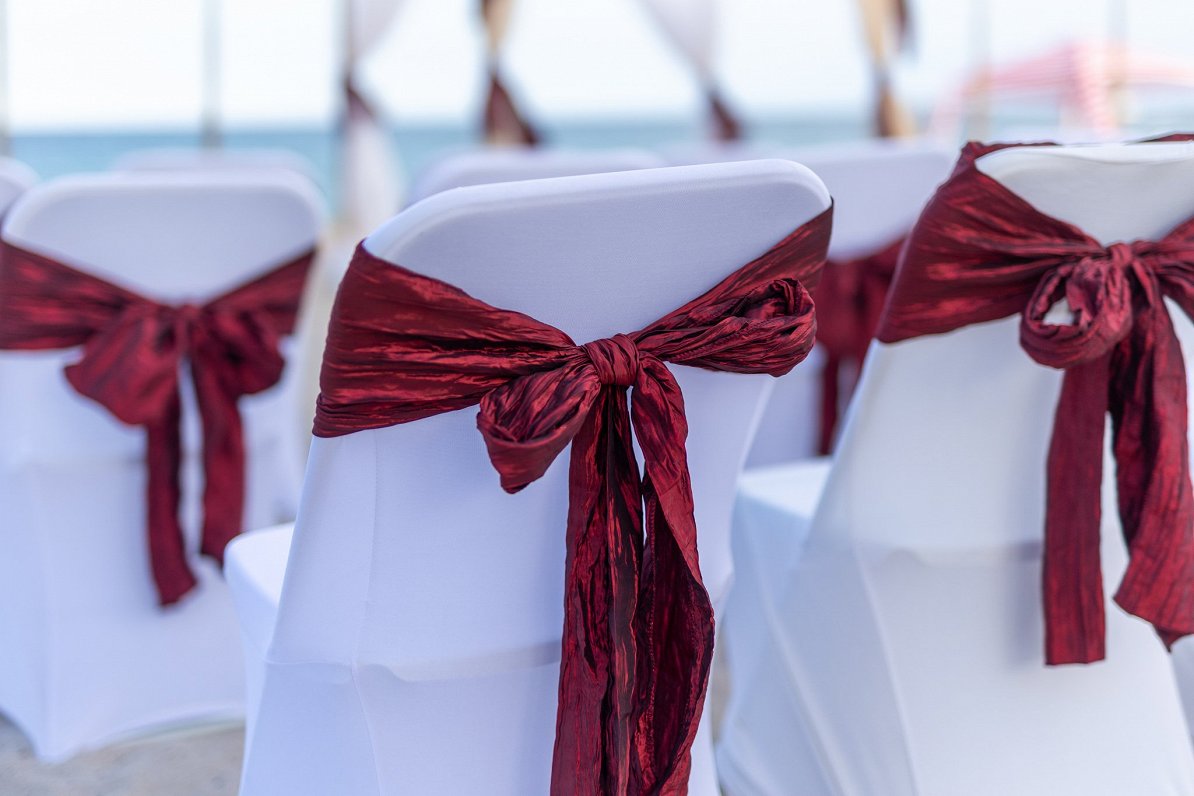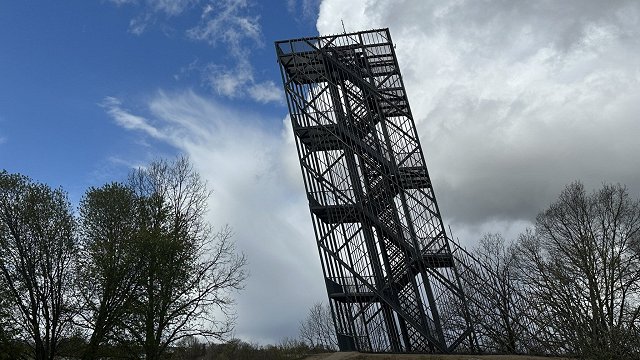Depkina manor in Rāmava is a small manor in a beautiful park where up to 50 guests can be hosted. The manor manager Ilze Stefaņenkova said that all Saturdays this summer have been booked, along with some working days. This year, weddings seem smaller, with up to 30 guests.
"The tendency maybe is from Covid time that people have learned to celebrate with the closest – family, friends. The real number is about 35, and now 50 is a large wedding," said Stefaņenkova.
She said that catering has remained equally crucial and people don't economize on that, but they do spend less on flowers. "The manor is in the middle of a park, roses blossom, so there is a feeling it will be pretty enough without flowers in vases," said the manager.
Director of the Bīriņi castle and the association's "Rural Traveler" board member Solvita Muižniece agreed that there would only be a few big events in castles and manors; weddings are getting smaller.
"It used to be 50-100 people events on Fridays and Saturdays. Not this year. Small events are prominent, with 20, 30 people. I think the smaller numbers are characteristic of saving. People having small weddings in the middle of the week. Last year we didn't see this," she said.
Foreign tourist numbers have also gone down.
"Germany, middle of Europe - the customer numbers have significantly reduced. People from the UK had weddings here - they planned well in advance, and we don't have these advance bookings now. It's not easy, there's uncertainty, insecurity. But there is work, there is demand, we'll see how it will end financially," said Muižniece.
Meanwhile, chairman of the association of castles and manors Roberts Grinbergs said that since Covid, locals have been traveling to these venues more frequently.
"Covid was actually the push for local tourism. Some had to end their commercial activity due to the pandemic, true. But at the same time, some started anew. The pandemic was the time people moved to rural areas to have more time for themselves. And that was also a reason why old, abandoned objects were found. [People] spent their time and energy for entrepreneurship and development of the object," he said.
The overall tallies for manors and castles will be known in the autumn.




























